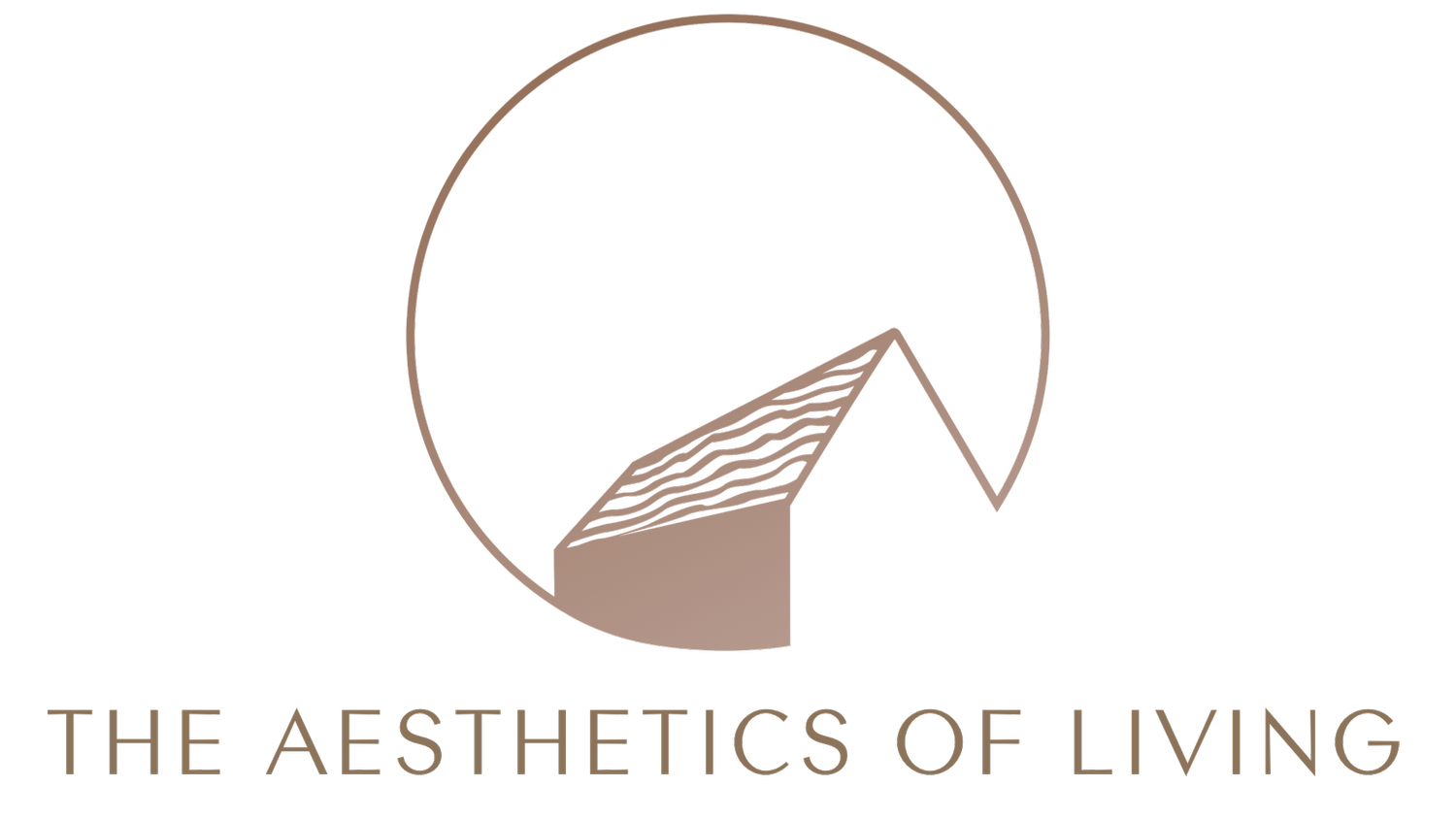FENG SHUI
Welcome back. Today I’m going to talk to you about feng shui. In its original form, as recorded in ancient China, built structures were observed empirically to understand what was helpful to humans and what wasn’t. How a building was sited in relation to the movement of sun, the surrounding land forms and prevailing winds was observed over hundreds (some say even thousands) of years. Patterns emerged as did theories and many books and treatises were written on what to do and what not to do for human health, prosperity and longevity.
There are parallels between feng shui precepts and good design principles as taught in design schools today. This is where my work exists.
Feng shui isn’t an aesthetic but I do design in a way that aligns with the principles of classical feng shui.
When people ask me “does feng shui work?” I often say it’s a bit like asking “does the weather work?”. What I mean is that buildings are influenced by wind, rain, sunlight. Feng shui masters studied the stars, the movement of the earth and how best to site a building in relation to magnetic north. What worked in terms of living space, growing vegetables, raising animals, human health and what was good for prosperity was observed and noted. Generation after generation, knowledge was gained, written down and passed on.
So do you need to have knowledge of feng shui or have an expert look at your own home’s patterns? Well, you don’t really need it as such but if you are buying a home or building a new structure then I would definitely recommend it. You may as well have a house with good feng shui principles that benefits you, if you are going to that trouble and expense.
I would also say that if there are repeated patterns happening in a home like water leaks, people not sleeping well since they moved in, that type of thing, it is also worth adding a feng shui consult to the list of things to examine when seeking to mitigate these issues. There is a calculation that can be done using the compass reading of where your house faces in terms of magnetic north (space) and when the house was built (time). When the roof was put on is when the environment inside the house was enclosed. At that point the house doesn’t have the free flowing wind or rain coming in. It is a closed environment and the ancient texts say that it has a pattern of energy of its own. So if you are planning to build a new home, or if you are seeking to buy an existing property, it’s always worth consulting a feng shui practitioner to find out if that home has good feng shui for you and your loved ones.
Feng shui can seem quite esoteric. A question that I am always seeking to answer myself is if feng shui is evidence based for today’s needs. I have some reference books in my library, including ‘Scientific Feng Shui for the Built Environment - Theories and Applications’ by Michael Y. MAK and Albert T. SO (City University of Hong Kong Press, New edition, 2015).
An example of where feng shui principles and environmental psychology have some cross over in terms of human wellness is in layout. In architectural design we always want to look at the separation of public and private use. In residential design, private spaces would be bathrooms and bedrooms. Public would be the entrance and front door. In feng shui we don’t want to open the front door and be able to see the WC/toilet from there. In good design we don’t want that either as this makes us uncomfortable and unsafe. We feel better and more comfortable in our homes if the private and public spaces have a natural progression to them.
Another feng shui principle aligned with human wellness is that there should not be any sharp items in your home. If you have ever looked for information online you may have read that it is ‘bad feng shui’ to have a cactus in your home, or knives on display in the kitchen. Feng shui is all about keeping humans safe. So anything that has the potential to injure is not recommended. Even if you consciously don’t think that you might be harmed, our amygdala may be triggered subconsciously and in fact be fearful of anything potentially dangerous.
This is why feng shui principles also say not to hang things above your head as you sleep. The amygdala may be transmitting a subconscious warning to us that a picture frame or the book on a shelf above the headboard may fall on us during the night. Similarly, if anything references violence or chaos then it is ‘good feng shui’ to not be looking at those everyday. For example art that depicts a shipwreck or a war, or if you have weapons on the wall this is not recommended. If you are seeking calmness and stability take down such items and don’t display them in your home.
I’ll sign off for today by mentioning that the first and main principle of feng shui is one of the most basic and simple to implement.
Qi (in PinYin) or chi (in Wades-Giles) is the life-giving force, it is wind/air/flow/water/light and more. We know this inherently. For example, if you walk into a room where the air is stale, we immediately want to open a window to let fresh air in. We open the curtains to let daylight in when we arise. This is something we all can do to immediately to better our feng shui.
Thanks for reading. If you want to support my work for free, please consider subscribing by adding your email address below.


